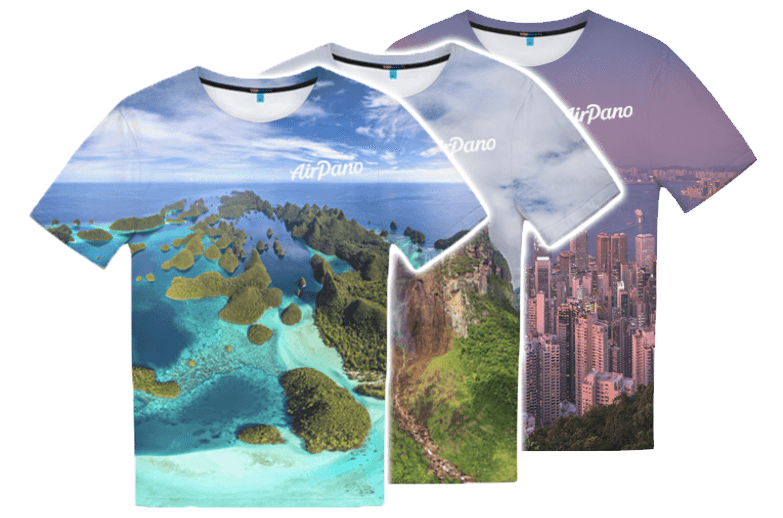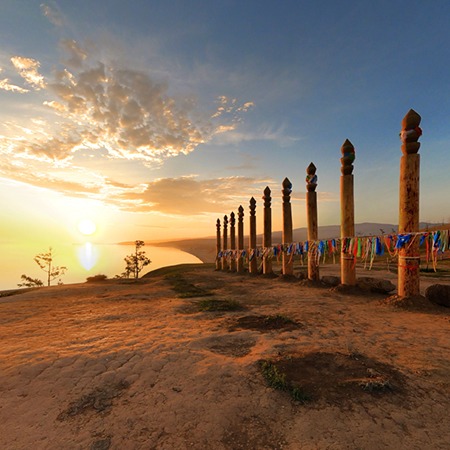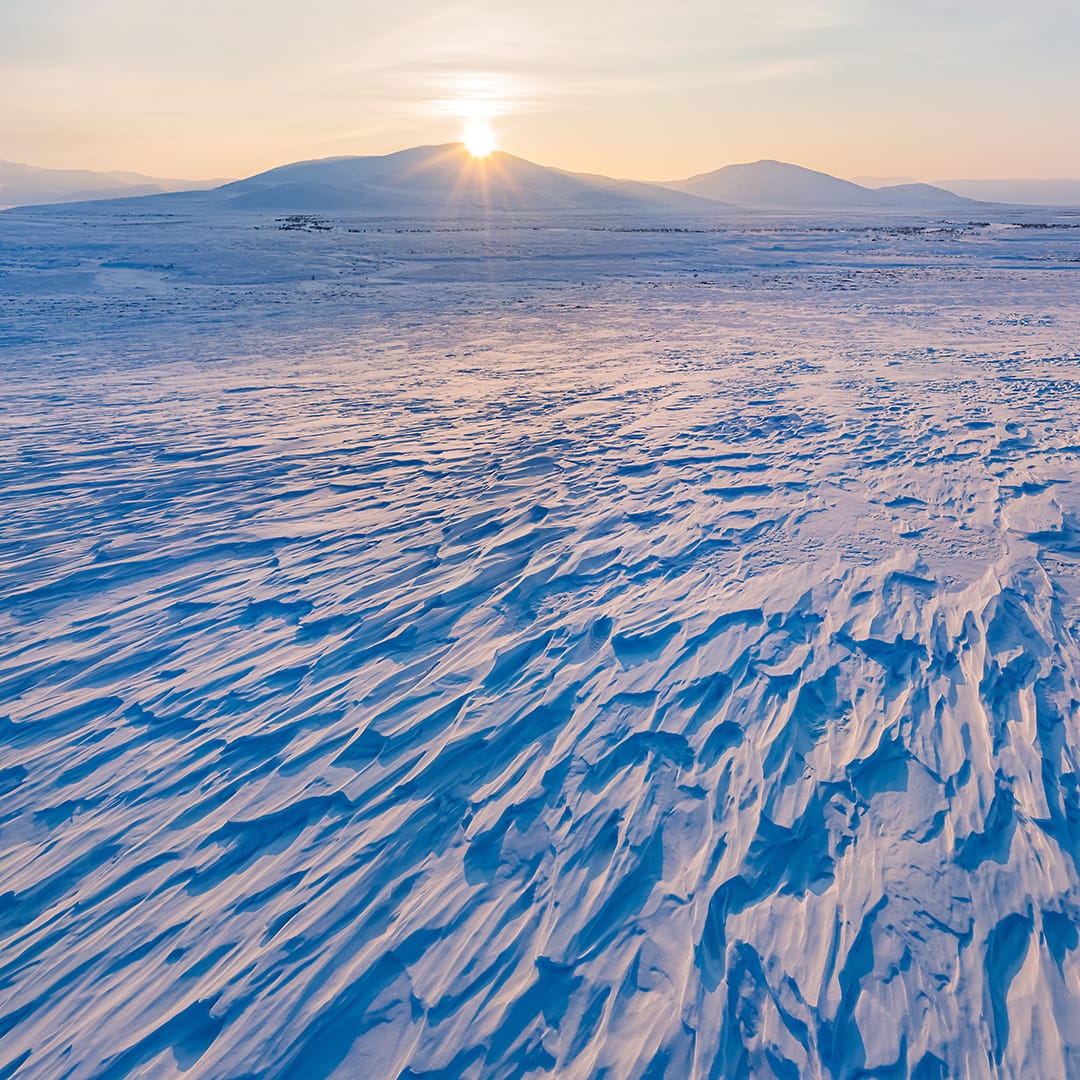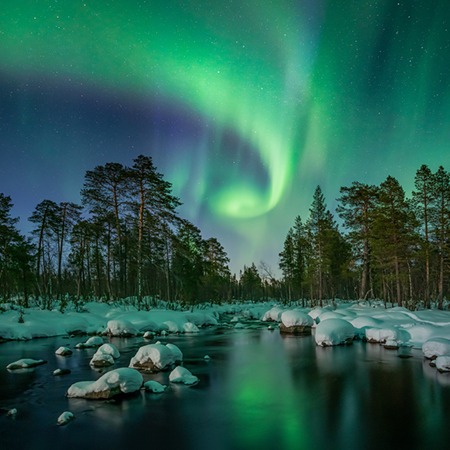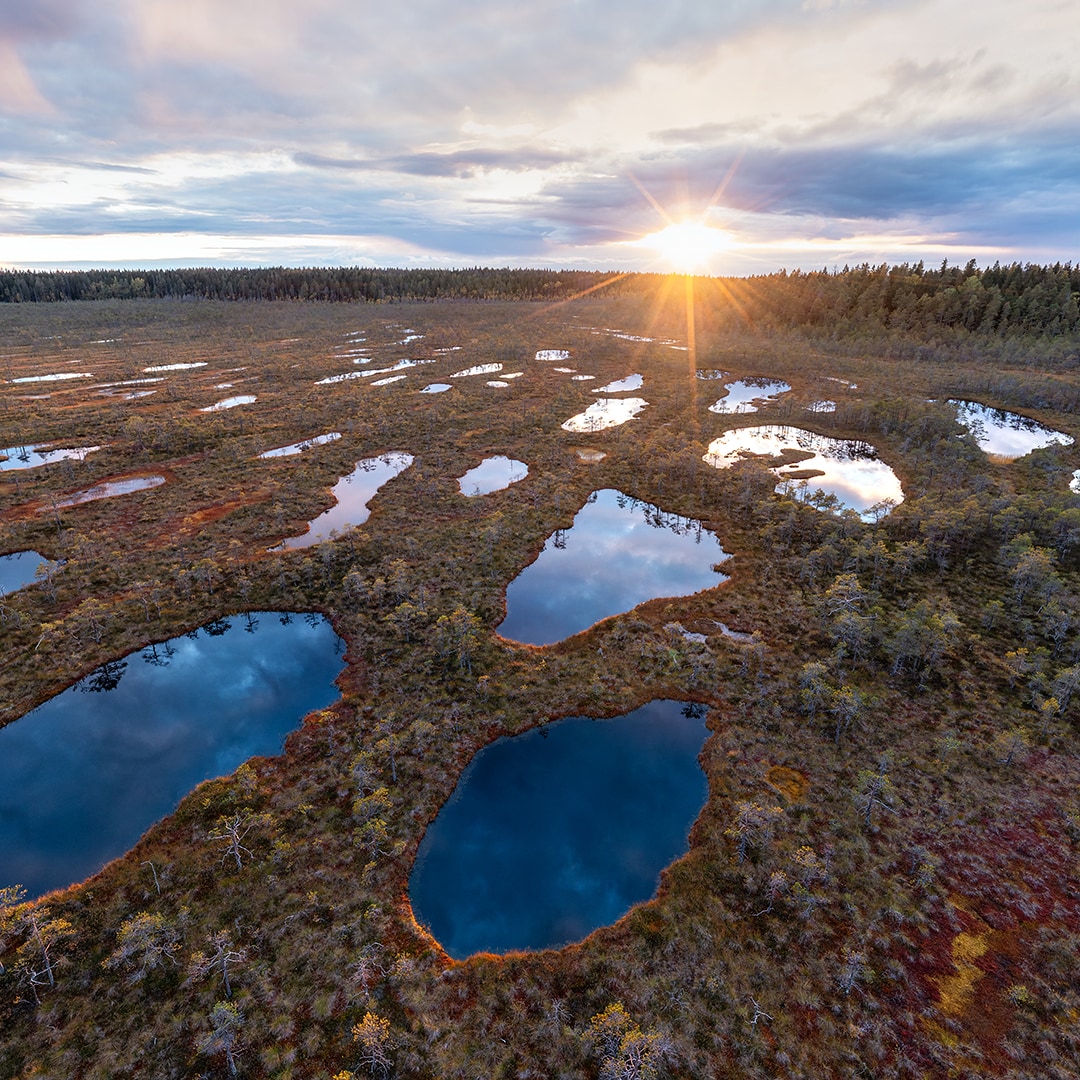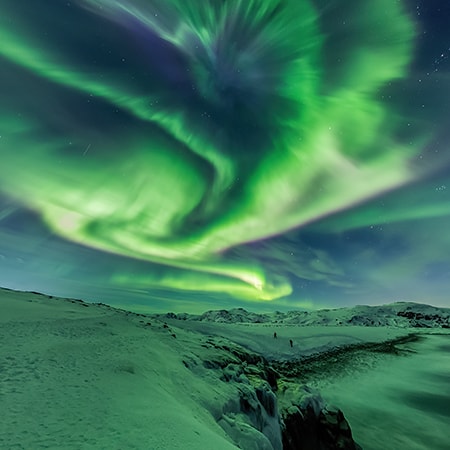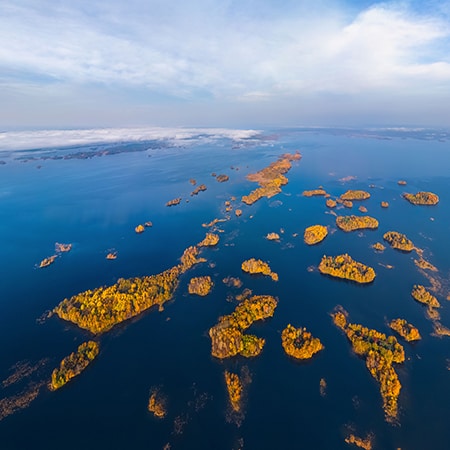Baikal Lake, Russia
Lake Baikal is the deepest lake on the planet, and is one of the most famous landmarks of Russia and the world. In 1996 Lake Baikal was declared a UNESCO World Heritage Site.

The surface area of the lake is 31,722 sq. kilometers (12,248 sq. mi), which is comparable to the size of Belgium and Denmark. Its shore length is 2,000 kilometers (1,300 mi), and maximum depth is 1,642 meters. Besides Lake Baikal, there are two more "thousanders" in the world: Lake Tanganyika in Central Africa (1,470 meters) and the Caspian Sea (1,025 meters). This is not a coincidence: like the enclosed Caspian reservoir, Baikal is also called "a sea" for its size and significance.

Lake Baikal is the largest reservoir of fresh water. It is fed by 336 inflowing rivers and is drained through a single outlet - the Angara River. Scientists believe that if all inflowing rivers suddenly stop, the Angara River would continue its flow for 400 years before draining the lake completely. And if we freeze all Baikal water, cut ice blocks of 1 cubic kilometer size, and line them up, the line would stretch from the North Pole to the South Pole, and 2.5 thousand kilometers further beyond the South Pole mark.

Lake Baikal's age is estimated at 25-35 million years, however its origin still raises scientific debates. Average life expectancy of most lakes around the world, especially those that were formed during the Ice Age, is about 10-15 thousand years, after which a lake is filled with muddy sediments and gradually becomes a swamp. However Lake Baikal doesn't show any signs of "aging". Its depth doesn't diminish. Moreover, Baikal claims 2 centimeters of land every year. There is a hypothesis that Lake Baikal is in fact an emerging ocean.

Lake Baikal hosts around 2,600 of animal species, most of which are endemic. Besides its unique biodiversity and natural beauty of surrounding landscapes, Lake Baikal is also famous for the clarity of its water. One can see details of an object as deep as 40 meters. Thanks to phytoplankton that live in Lake Baikal and serve as a biological filter, water in the lake contains the most concentration of oxygen, which makes Baikal water truly alive.

Despite the fact that Baikal is a lake, severe storms occur here just as they do in the ocean; and sometimes Baikal waves reach up to 4-5 meters. No swimmer has been able to cross Lake Baikal yet, mostly due to the average water temperature, which fluctuates around +10˚C. However, the number of sunny days in Lake Baikal region is greater than in southern regions of Russia. For example, Olkhon Island (the biggest island on the lake) gets over 300 clear sunny days a year.

All the above-mentioned facts combined with a beautiful picturesque nature put Lake Baikal next to the most outstanding landmarks of the world. We have already filmed Baikal several times: its austere and elegant winter beauty. Our 360 videos and 360 photos allow you to fully admire this fabulous sight. And now in front of you is a bright summer Baikal in the same formats. Editing a 360 video is more time consuming than preparing a regular video. And while we are doing this, you can already look at summer Baikal in 360 photo panoramas. Looking forward to your feedback on our new virtual journey!

Photos by Stas Sedov and Olga Shutova
04 March 2022
Read more
Virtual Travels in 360°
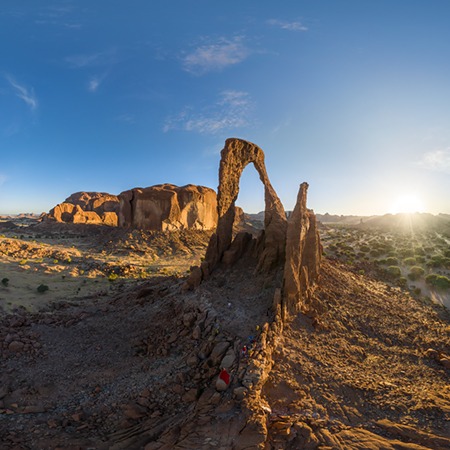 Chad. From N'Djamena to Ennedi Massif
Chad. From N'Djamena to Ennedi Massif
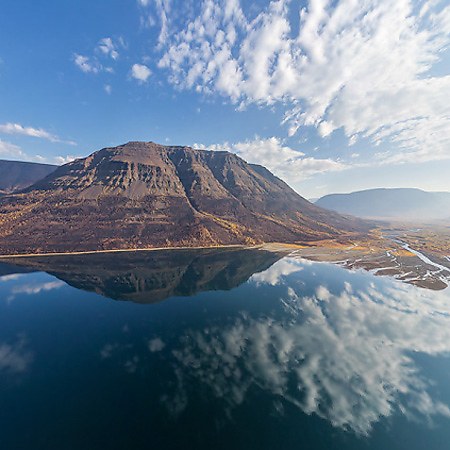 Putorana Plateau, Russia
Putorana Plateau, Russia
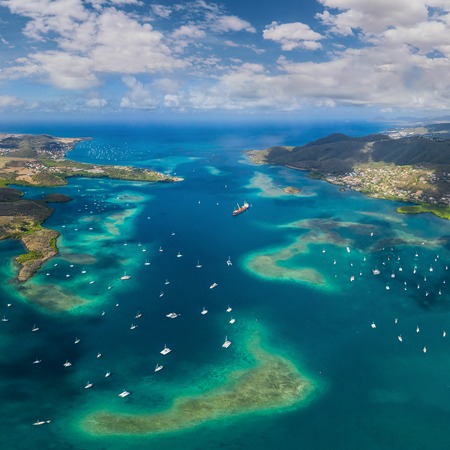 Lesser Antilles, Caribbean Sea
Lesser Antilles, Caribbean Sea
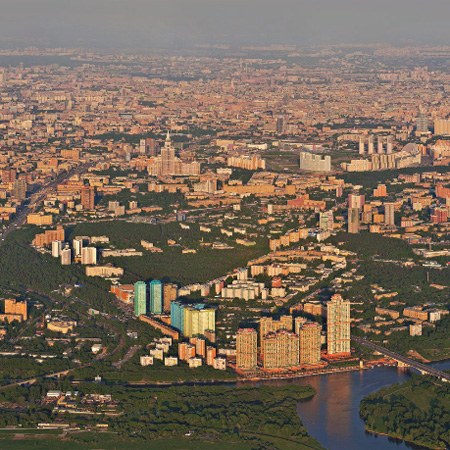 Moscow, Gigapixel Panorama
Moscow, Gigapixel Panorama
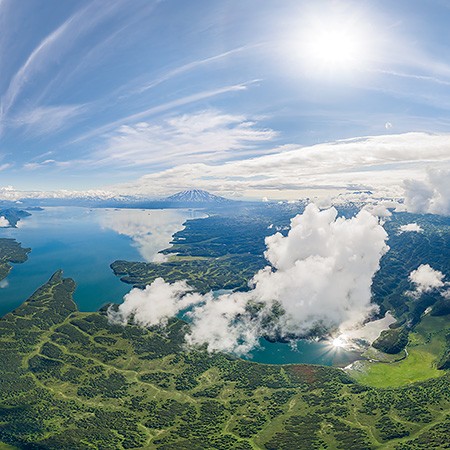 Kronotskoye Lake. Kamchatka, Russia
Kronotskoye Lake. Kamchatka, Russia
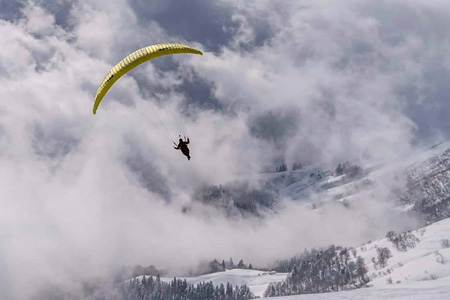 Paragliding. Rosa Khutor, Russia
Paragliding. Rosa Khutor, Russia
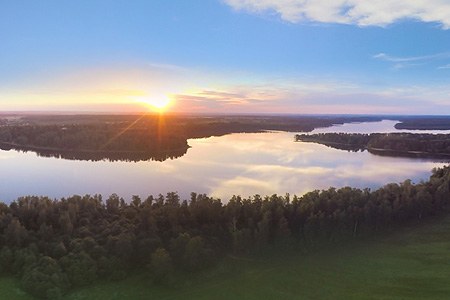 Istra Reservoir, Russia
Istra Reservoir, Russia
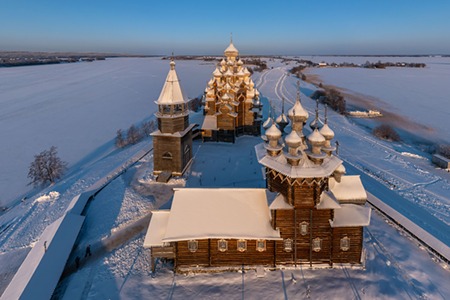 Kizhi in winter. Karelia, Russia
Kizhi in winter. Karelia, Russia
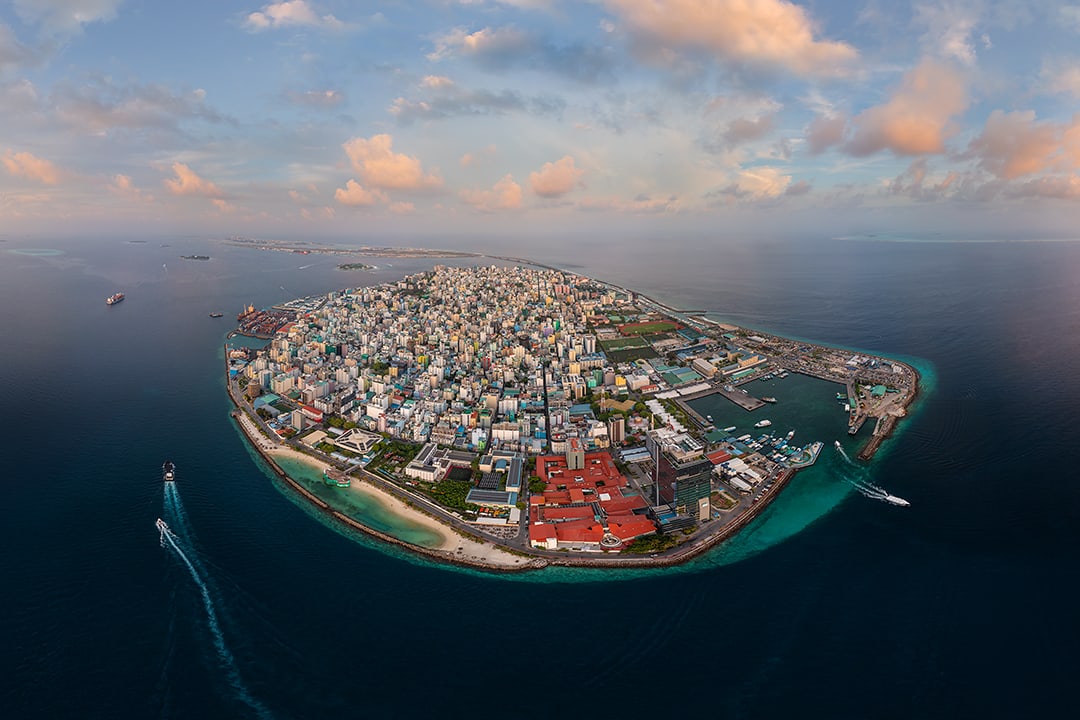 Male, Maldives. Scenic flight over the city
Male, Maldives. Scenic flight over the city
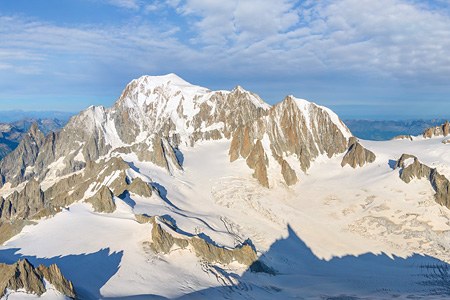 Mont Blanc, Italy-France. Part II
Mont Blanc, Italy-France. Part II
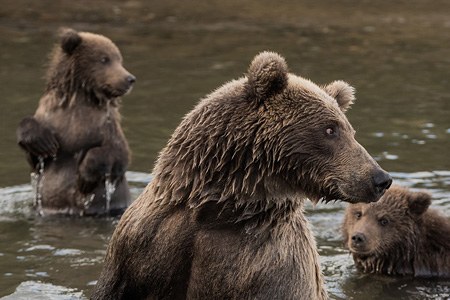 Bears of Kamchatka. Kambalnaya River
Bears of Kamchatka. Kambalnaya River
Show more

